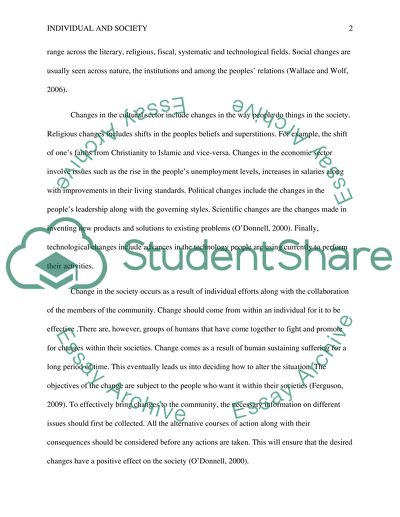Cite this document
(“Sociology: Individual and Society Essay Example | Topics and Well Written Essays - 1500 words”, n.d.)
Retrieved from https://studentshare.org/sociology/1436402-critically-discuss-the-concept-of-ychidentityyie
Retrieved from https://studentshare.org/sociology/1436402-critically-discuss-the-concept-of-ychidentityyie
(Sociology: Individual and Society Essay Example | Topics and Well Written Essays - 1500 Words)
https://studentshare.org/sociology/1436402-critically-discuss-the-concept-of-ychidentityyie.
https://studentshare.org/sociology/1436402-critically-discuss-the-concept-of-ychidentityyie.
“Sociology: Individual and Society Essay Example | Topics and Well Written Essays - 1500 Words”, n.d. https://studentshare.org/sociology/1436402-critically-discuss-the-concept-of-ychidentityyie.


